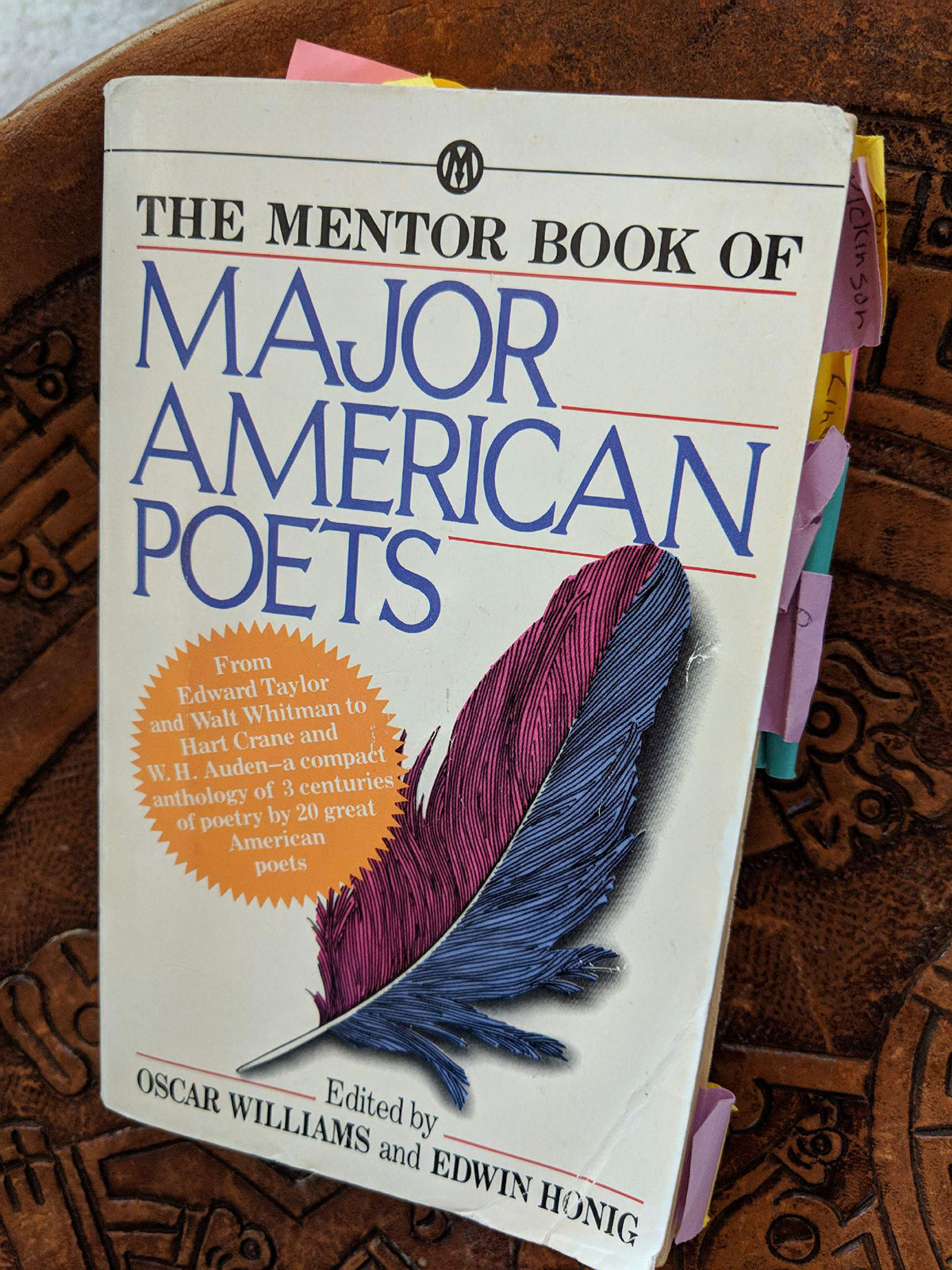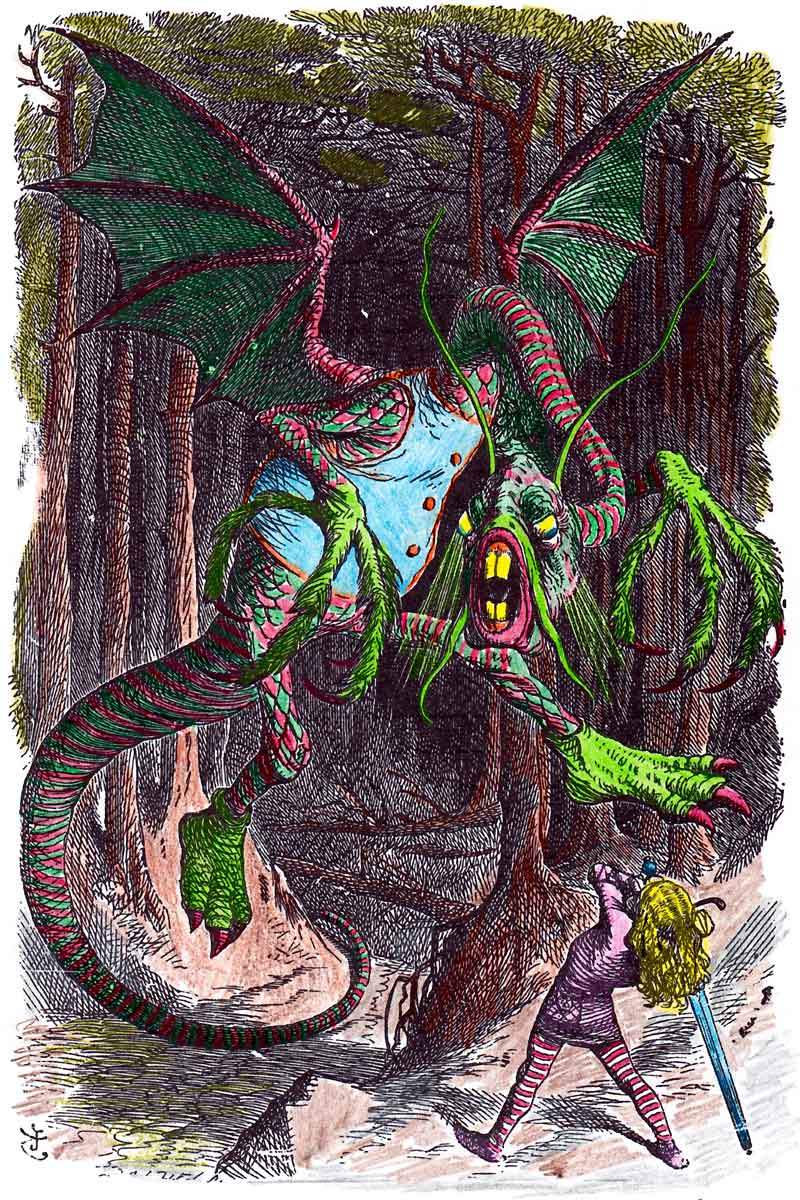“On the other hand, give me the dog’s eye and some dead horse.”
My cousins Terry and Rick visited the other day after they had eaten lunch at an Australian restaurant. Terry, who has lived in Australia, said he ordered “dog’s eye and some dead horse.” What he actually ordered was meat pie and some red sauce. But what do you call those words that are substitutes for the real thing? Are they a kind of slang or rhyming slang? Are they idioms?
So let’s begin with the difference between slang words and idioms.
Basically, slang words are words and/or phrases that stand in for other formal or regular words. They are casual and possibly jokey words and are usually created by the younger generation. Slang can change over time or even become defunct, like the word “groovy” that means cool or fantastic but is rarely used now, except by Austin Powers! Also, “cool” has a slang meaning that something is wonderful instead of literally telling you about the temperature. Today, at least for this year, the word “lit” is the popular slang for something that is amazing and current. I often hear my grandniece say, “That’s so lit!”
On the other hand, we have idioms. Idioms are usually phrases that stand for something totally different from the words’ literal meanings. For instance “get on the stick” doesn’t mean to take a stick and stand on it, which would be the literal meaning. Instead it means “get going,” “get busy” or “get moving.” But the phrase wasn’t made up out of the blue. It came from something in our culture; it came from somewhere. Back in the early 1900s, cars were started by using a gearshift or “stick.” From the act of using a gearshift evolved the idiom “get on the stick” to urge someone to get themselves going.
The origin of the idiom “on the other hand” is actually very old, dating back to the 1600s. While using one’s hands while talking, it is easy to have a discussion and show one idea with one hand and gesture another idea with the other hand. Thus, “on the other hand” doesn’t mean that something is literally on one of your hands. It means that there’s another opposite idea to consider.
Let’s get back to my cousin Terry. He used Australian slang to order his meal. However, this type of slang is called rhyming slang because the crazy words rhyme with the original words they stand for. If you take on what I call an Australian accent, you would see that “dog’s eye” rhymes with “meat pie” (eye and pie). Keeping with our Australian accent, “dead horse” rhymes with “red sauce.” Anyway, the rhyming slang takes ordinary words and substitutes in other words that rhyme. Usually, there’s no reason connecting the two rhyming words.
So, my cousins Rick and Terry enjoyed their meal at the Australian restaurant. I’m looking forward to going there soon and order, in rhyming slang, my own dish of “dog’s eye and dead horse.”
Sources: USA Today article by Jennifer Jolly, Wikipedia, myenglishteacher.eu, and Morgan Baila.







Cousin Jackie,
I enjoyed reading this discussion of idiom and slang. To be precise, the rhyming slang I became familiar with in Australia is actually Cockney rhyming slang. It’s actual origin being in a particular region of London. Its use is widespread throughout the British Empire. There is a lot of info on the net.